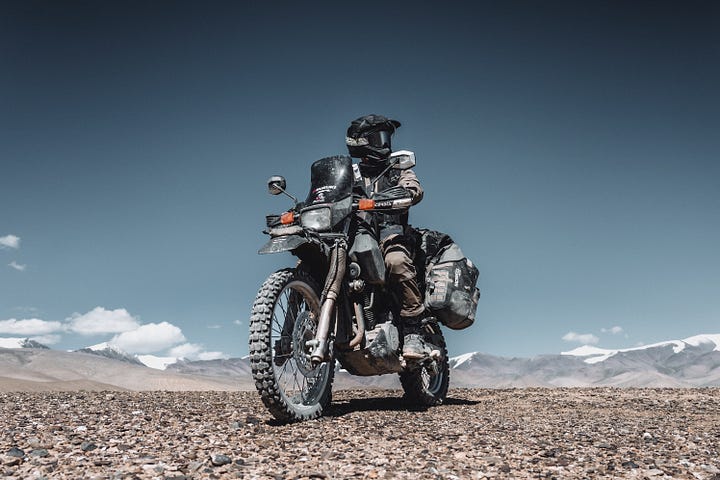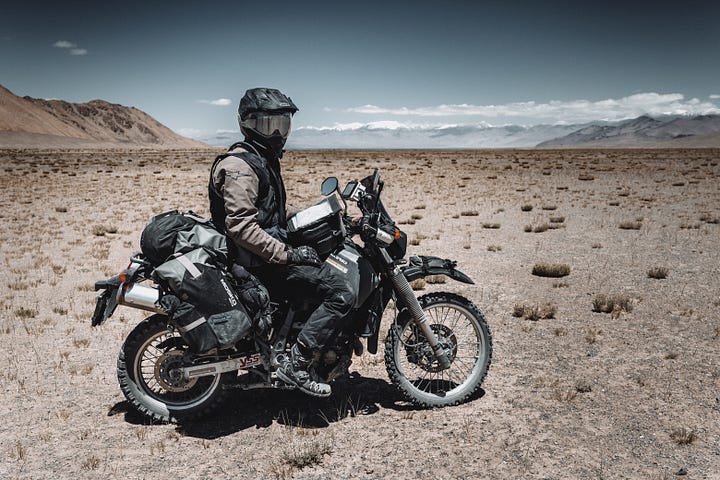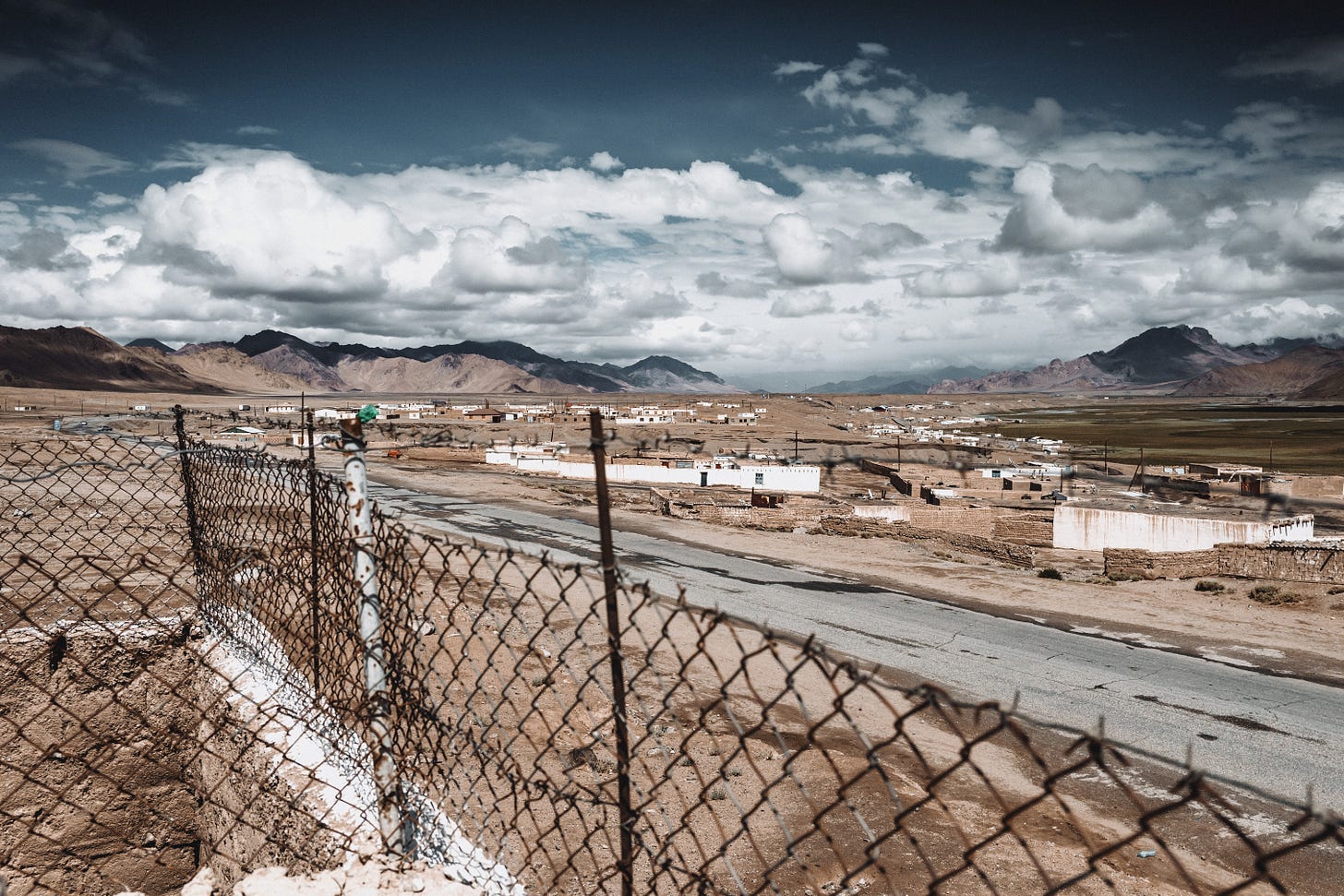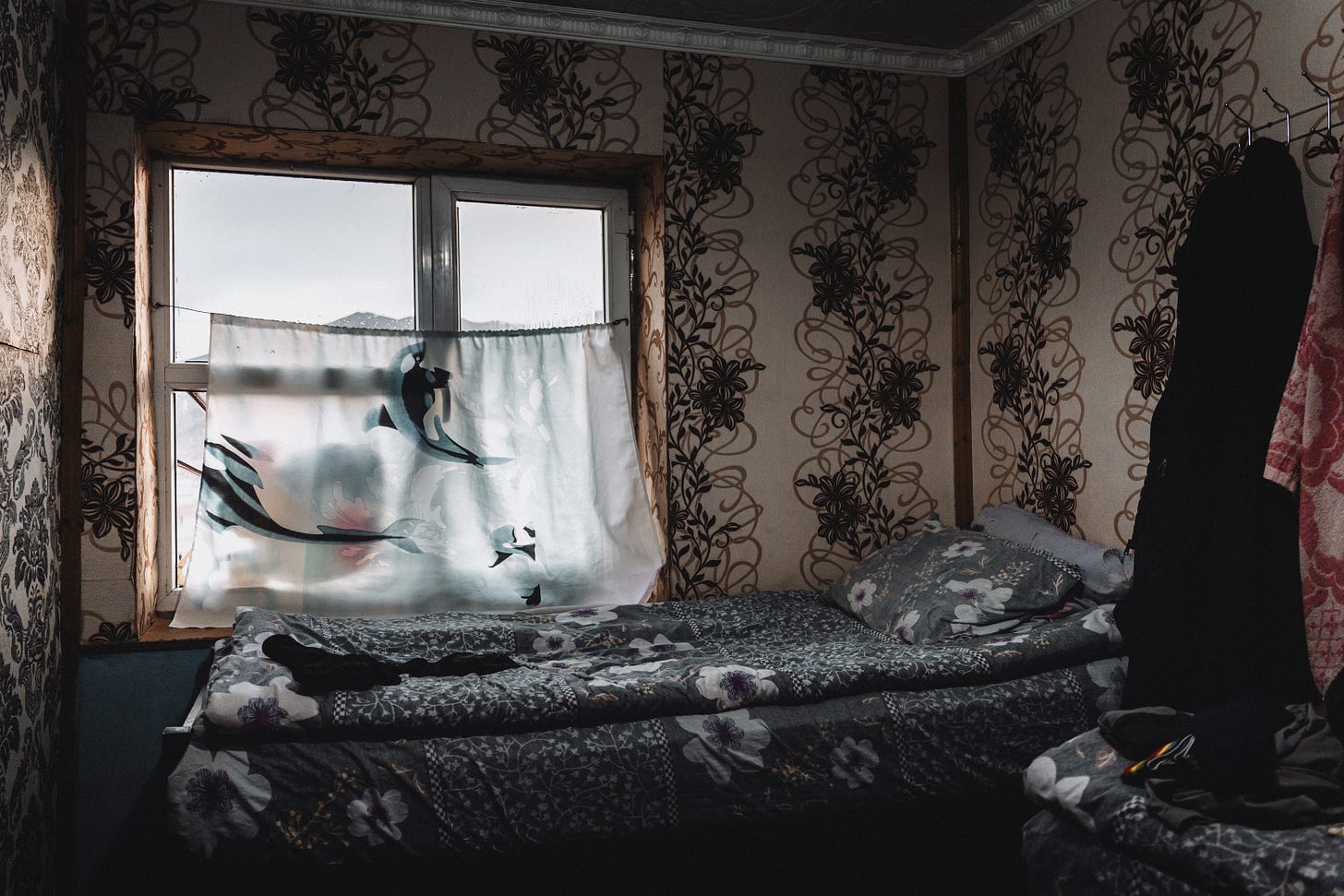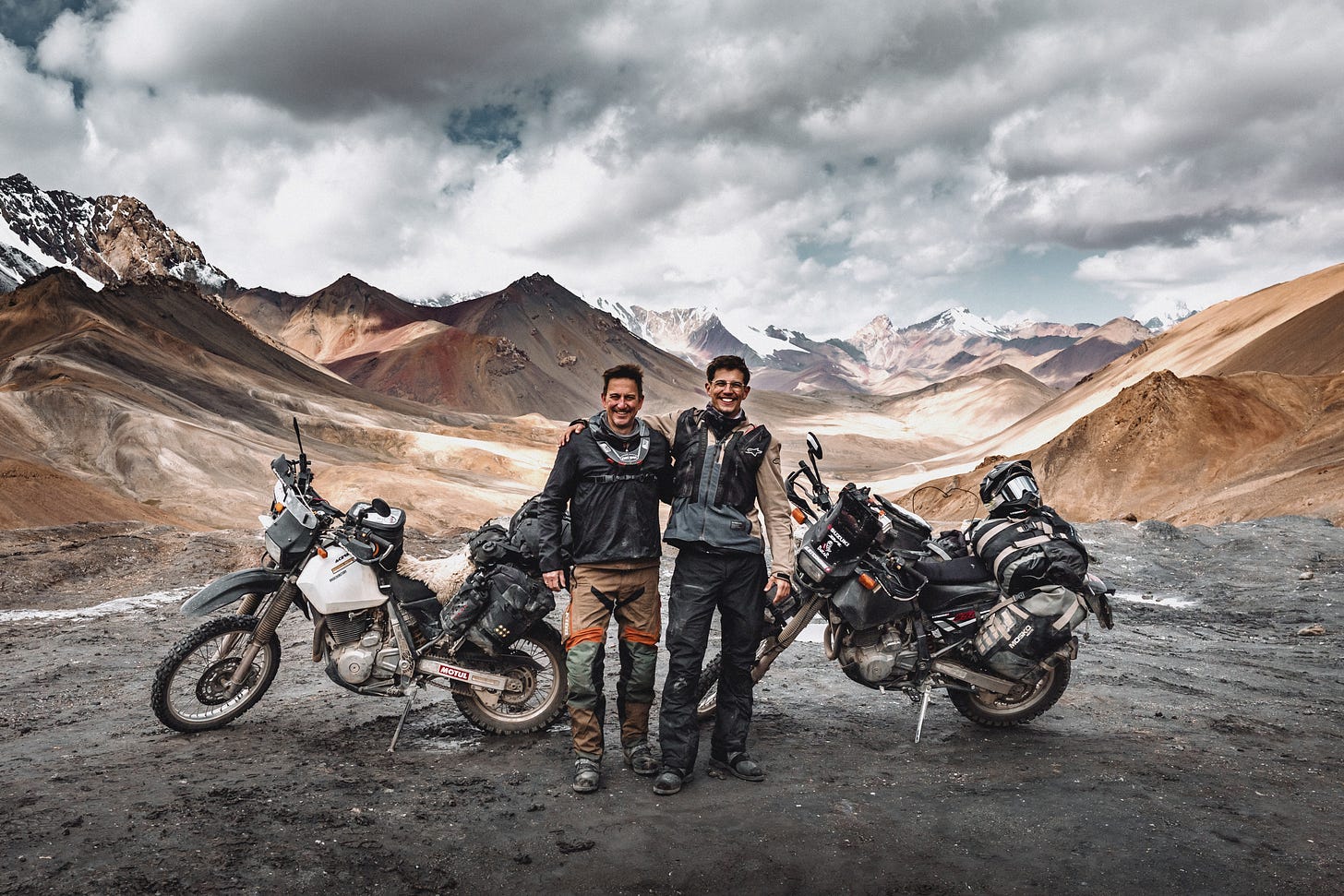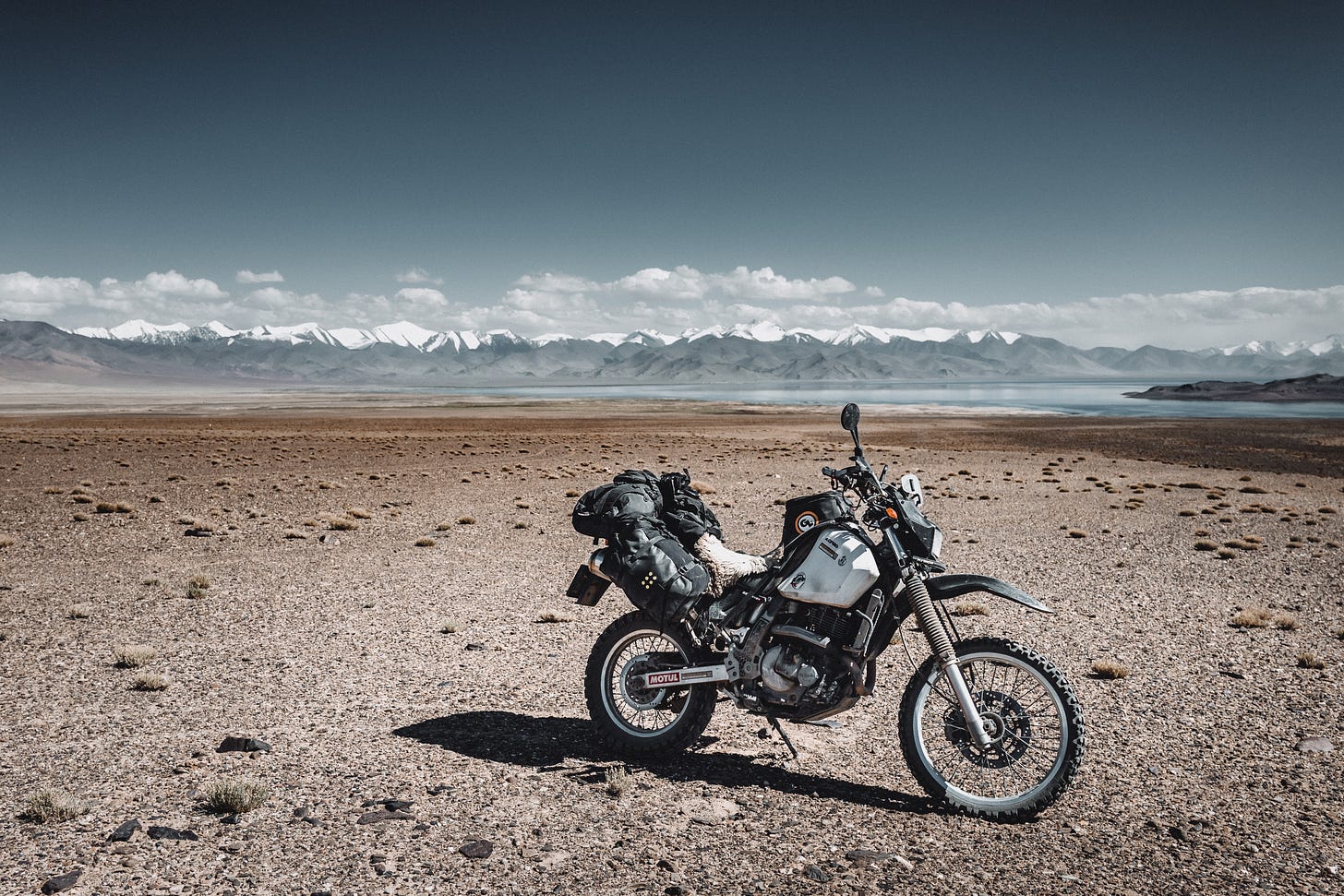Day 73 - Murghab is a mountain town situated at an altitude of 3,618m. It resembles a deserted Russian military settlement, and it was. Established by the Russians as Pamirsky Post in 1893, it served as their most advanced military outpost in Central Asia. It was the highest town in the Soviet Union and is also the highest town in Central Asia. It’s one of the highest towns in the world that can be reached by car. All that means is we need to start taking Diamox. Both Gion and I noticed the effects of the altitude; we took long naps throughout the day and enjoyed extended hours of sleep. We didn’t experience altitude issues at the 3200m camps we stayed at before, but here, it seems to be a different ballgame for us. Unfortunately, the weather wasn’t getting any better, with persistent low clouds and rain. However, in the afternoon, there were some sunny breaks that allowed me to capture some shots. Regardless, we decided to remain in Murghab for two or three days, which would also help us acclimatize for the ride over Ak-Baital pass, standing at 4670m, the highest point of our journey. We were fortunate to be in good company, sharing many stories with Sal and Ethan, the American couple riding Honda 600R’s, and with several super friendly cyclist world travelers who were also waiting for better weather, just like us.
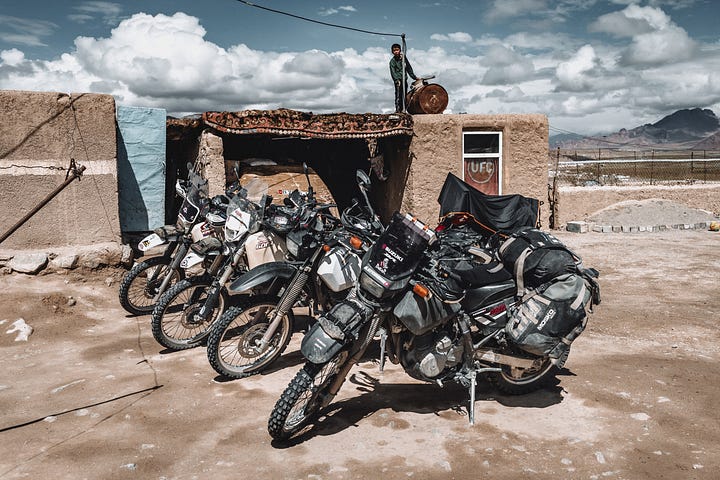
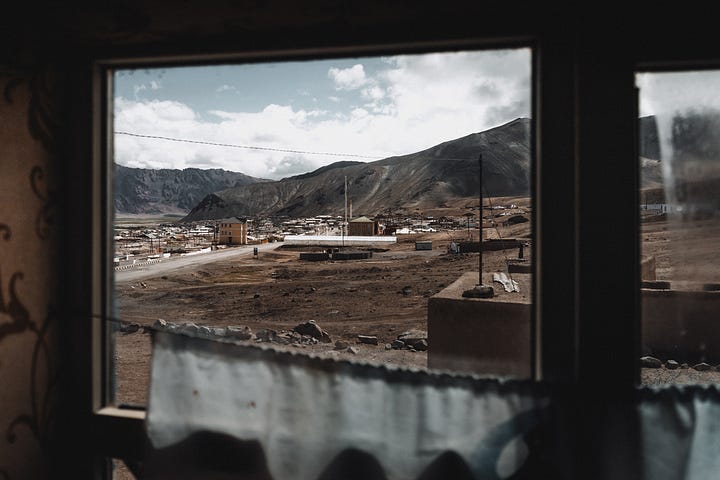
Day 74 - Our intention was to ride to the Chinese border today, but instead, we found ourselves staying in bed. The weather is worse than it was yesterday, making it a waiting game. It feels somewhat like being at a high-altitude base camp, just waiting for the weather to clear up. And that’s exactly what we did. China can wait; after all, we can’t enter with our bikes, so reaching the border zone is as far as we can go. It’s more of a mental milestone to have reached the Chinese border from Belgium, having traveled nearly 15,000 km across some of the world’s toughest roads and most perilous countries. In the meantime, we enjoy another sip of 3-in-1 Nespresso and take another nap. That will have to do for now. There’s no internet up here, so coffee, reading and sleeping is a good as it gets. Tomorrow is expected to be a better day.
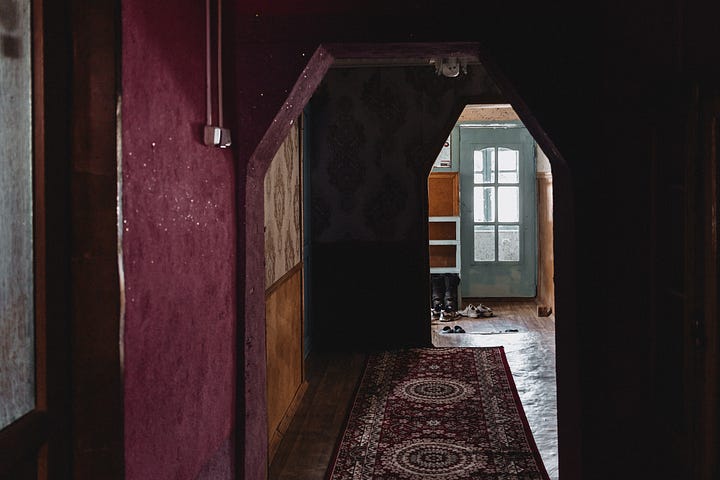
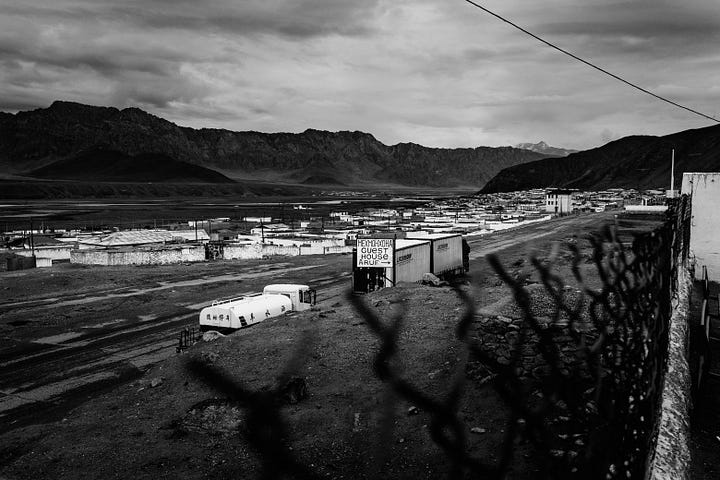
Day 75 - We have finally made it! After traveling 13,425 km, we have reached the highest point of our journey, the Ak-Baital pass along the Pamir Highway. This high mountain pass stands at an impressive elevation of 4,670 m (15,321 ft) above sea level, situated in the Gorno-Badakhshan Autonomous Region of Tajikistan. At this elevation, it was the highest road pass in the former Soviet Union. We are thrilled that we decided to wait out the bad weather in Murghab, allowing us to see the peaks today, even covered with a few clouds. Surrounding us is a breathtaking high alpine landscape, with mountain ranges as high as 6,000 meters. We spent some time at the pass with fellow motorcyclists and cyclists (I am truly amazed by how many cyclists make it up here, literally defying gravity as they pedal thousands of meters uphill…) before we began our descent towards the stunning steppe plains surrounding Karakul Lake.
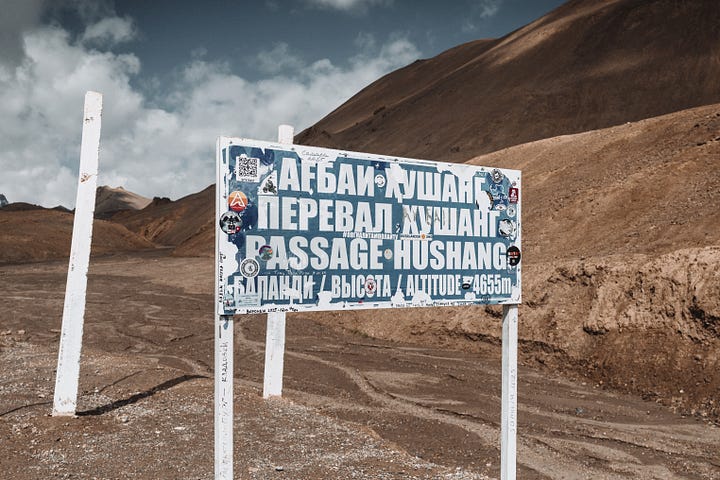
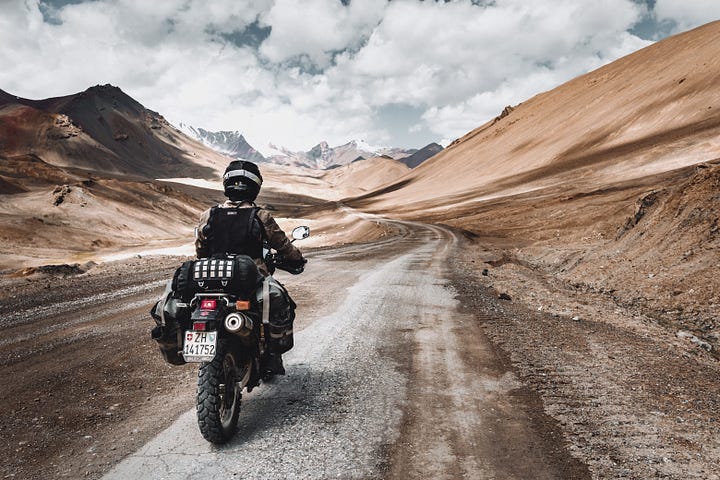
Day 75 - continued. We make our way down the Ak-Baital pass along the Tadjik-Chinese border heading towards Karakul. The road is rough, hard mud and gravel. Upon reaching a steppe plain at approximately 4000 m altitude, we catch our first glimpse of Lake Karakul, appearing as a beautiful blue stripe on the horizon. Karakul Lake is a high-altitude, endorheic lake situated here in the Pamir Mountains of Tajikistan. It is believed that the lake basin was formed by a meteor impact millions of years ago. The area surrounding the lake, apart from Karakul village, is a deserted steppe, a paradise for off-road enthusiasts. In the distance, we can see the white top of Peak Lenin, which stands at 7134 m, making it the tallest mountain in the Trans-Alay range of the Pamir Mountains. Although it would have been delightful to spend another day exploring around the lake, the numerous mosquitoes here (they are the biggie size type) make it less appealing to set up camp. Therefore, we choose to press on towards the border instead of being eaten alive for dinner.
